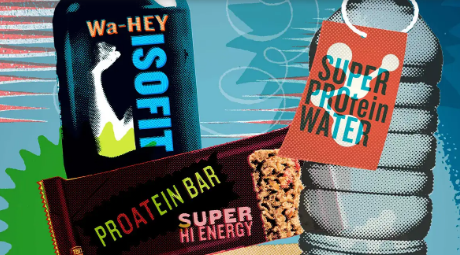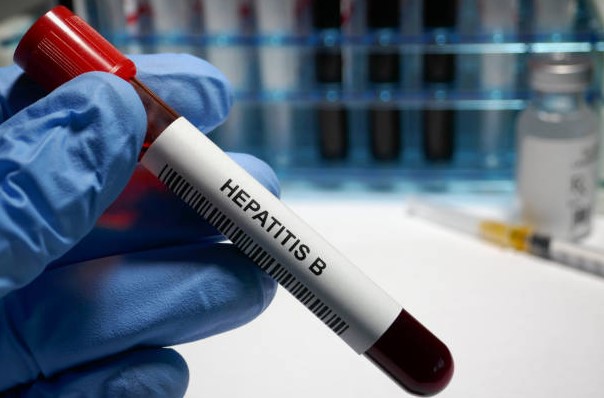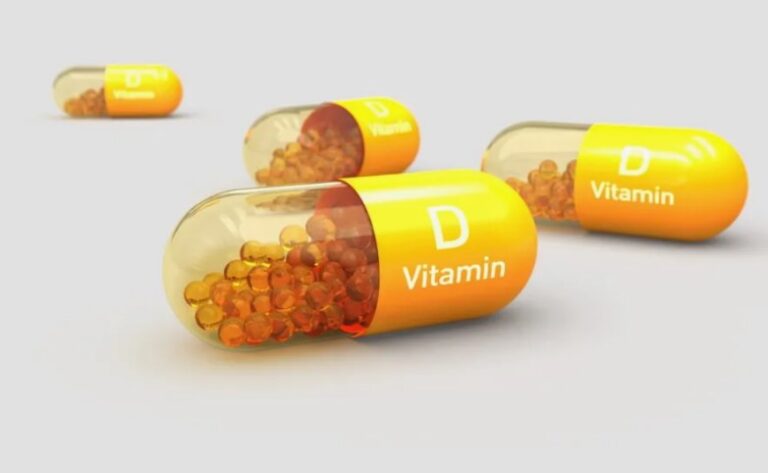Explore the risks of excessive protein intake on kidney and bone health. Learn how to balance protein consumption for optimal well-being and avoid potential health complications.
kidney and bone health
Protein Obsession|| Protein has become a nutritional buzzword, touted for its role in muscle building, weight management, and overall health. But like any good thing, too much protein can have adverse effects. You might be surprised to learn that excessive protein consumption can strain your kidneys and leach calcium from your bones, potentially leading to serious health issues. This article delves into the science behind protein overload, exploring how it impacts your kidneys and bones, and providing practical advice on maintaining a healthy balance.
The Science of Protein Overload and its Impact on Kidneys
Protein, composed of amino acids, is essential for numerous bodily functions. However, when you consume more protein than your body needs, the excess nitrogen from amino acid breakdown must be processed and eliminated. This process primarily falls on the kidneys.
“The kidneys act as the body’s filtration system, removing waste products like urea, a byproduct of protein metabolism,” explains Dr. Sarah Klein, a nephrologist at Johns Hopkins University. “Consistently high protein intake forces the kidneys to work harder, potentially leading to hyperfiltration, which can damage kidney function over time.”
A 2023 study published in the Journal of the American Society of Nephrology found that individuals with pre-existing kidney conditions or risk factors, such as diabetes or high blood pressure, are particularly vulnerable to the negative effects of high protein diets. The study highlighted that excessive protein intake can accelerate the progression of chronic kidney disease.
“Here’s the thing: while healthy kidneys can handle a temporary increase in protein, chronic overload can lead to significant strain,” says Professor Michael Brown, a nutrition researcher at the University of California, San Francisco. “The long-term effects can include a decline in glomerular filtration rate (GFR), a measure of kidney function.”

The increased workload on the kidneys can also lead to dehydration, as the body requires more water to process and excrete urea. Additionally, high protein diets are often acidic, which can further stress the kidneys. As discussed in our guide to maintaining kidney health, it’s crucial to ensure adequate hydration and a balanced diet. For more information on kidney function, you can refer to the Wikipedia page on Kidney Function.
Recent research has also explored the link between high protein intake and the formation of kidney stones. Some studies suggest that high protein diets can increase the excretion of calcium and uric acid, both of which are risk factors for kidney stone formation.
The Impact of Excessive Protein on Bone Health
While protein is essential for bone health, excessive intake can paradoxically lead to bone loss. This occurs due to the acidic nature of protein metabolism, which can leach calcium from bones to neutralize the acid.
“When the body’s pH balance is disrupted by a high protein diet, it draws calcium from bones to restore balance,” explains Dr. Emily Carter, an endocrinologist specializing in bone health at Harvard Medical School. “This can lead to increased calcium excretion in urine and a negative calcium balance, ultimately weakening bones.”
A 2024 meta-analysis published in the American Journal of Clinical Nutrition discussed varied results regarding high protein intakes and bone mineral density. Some studies are showing that in some populations higher protein intake can have positive affects on bone density, while other studies conclude, especially when the protein is unbalanced in relation to other nutrients, negative bone density implications. Because of the varied outcomes, it is highly recommended to consult with dieticians, and doctors when planning high protein diets.
“You might be surprised to learn that while adequate protein is crucial for bone health, exceeding recommended levels can have detrimental effects,” says Professor David Lee, a nutrition expert at the University of Texas at Austin. “Maintaining a balanced intake of protein, calcium, and vitamin D is essential for optimal bone health. Also Read>>>>
Here are some practical tips to balance protein intake and protect your kidneys and bones:
- Moderation is key: Adhere to recommended protein intake levels, which vary based on age, sex, and activity level.
- Variety is essential: Include a diverse range of protein sources, such as lean meats, poultry, fish, beans, lentils, and nuts.
- Hydration matters: Drink plenty of water to support kidney function and help flush out waste products.
- Calcium and vitamin D: Ensure adequate intake of calcium and vitamin D to support bone health.
- Consult a healthcare professional: If you have pre-existing kidney conditions or concerns about your protein intake, seek advice from a doctor or registered dietitian.
Real-World Examples
Someone following a high protein diet for weight loss may see short term weight loss, but then develop kidney problems or bone density loss over time. A athlete needs higher levels of protein, but can get their needs met with well balanced meals.
Challenges and Future Outlook
The prevalence of high protein diets and the misconception that “more is better” pose significant challenges. Educating the public about the potential risks of excessive protein intake is crucial. Future research should focus on determining optimal protein intake levels for different populations and developing strategies to mitigate the negative effects of protein overload.
Conclusion
While protein is essential for various bodily functions, excessive intake can harm your kidneys and bones. Maintaining a balanced diet with moderate protein consumption, adequate hydration, and sufficient calcium and vitamin D is crucial for optimal health. Prioritizing a healthy and sustainable approach to nutrition will protect your kidneys and bones in the long run.









The perception that almond milk is inherently healthier than dairy is a common misconception,” says Dr. Anya Sharma, a registered dietitian specializing in plant-based nutrition. “While almond milk can be a suitable alternative for those with lactose intolerance or dairy allergies, it’s essential to consider its nutritional limitations.
[…] The Protein Obsession: How Too Much Harms Your Kidneys and Bones […]